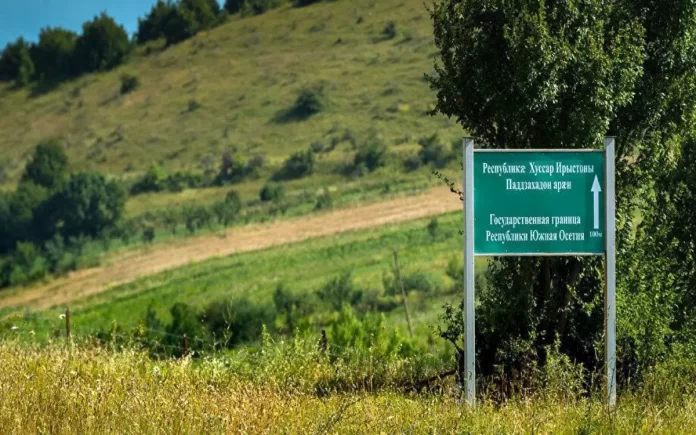Moscow: Amid ongoing discussions, South Ossetia, a breakaway region from Georgia, contemplates integrating into Russia, as revealed by a prominent local official.
According to reports from the Russian news agency RIA, Alan Alborov, chairman of South Ossetia’s parliament, disclosed that talks regarding potential affiliation with Russia are underway, emphasizing close coordination between the two entities.
Alborov responded to inquiries about the prospect of conducting a referendum on joining Russia, stating, “We are discussing all these issues in close coordination with Russia, taking into account our bilateral relations and treaties.” He further added, “When we come to this idea together with the Russian Federation (about joining the Russian Federation), we will do it.”
Rea More: French Politician Exposes Reasons Behind NATO’s Labeling of Russia as Primary Adversary
Last year, South Ossetia’s leader, Alan Gagloev, who enjoys support from Russia, expressed his desire for the region to be formally integrated into Russia, as reported by RIA.
South Ossetia’s complex geopolitical status stems from a history marred by conflict. Following a five-day war in 2008, during which Russian forces thwarted Georgia’s attempt to reclaim South Ossetia, Russia recognized both South Ossetia and Abkhazia as independent entities. These territories, comprising one-fifth of Georgia’s landmass, have been acknowledged as autonomous by several nations including Syria, Venezuela, Nicaragua, and Nauru.
Read More: IOC’s Coates Suggests Only 40 Russian Athletes at Paris Games
South Ossetia’s ties to Russia run deep, with a shared border with North Ossetia, a neighboring province of Russia. The region’s secession from Georgia in 1991–1992, marked by a bloody conflict claiming thousands of lives, solidified its distinct identity.
Culturally and linguistically distinct from Georgians, the majority of South Ossetians speak a language similar to Farsi. Russian passports are widely accepted, the Russian ruble is the primary currency, and the economy is heavily reliant on Russia.



